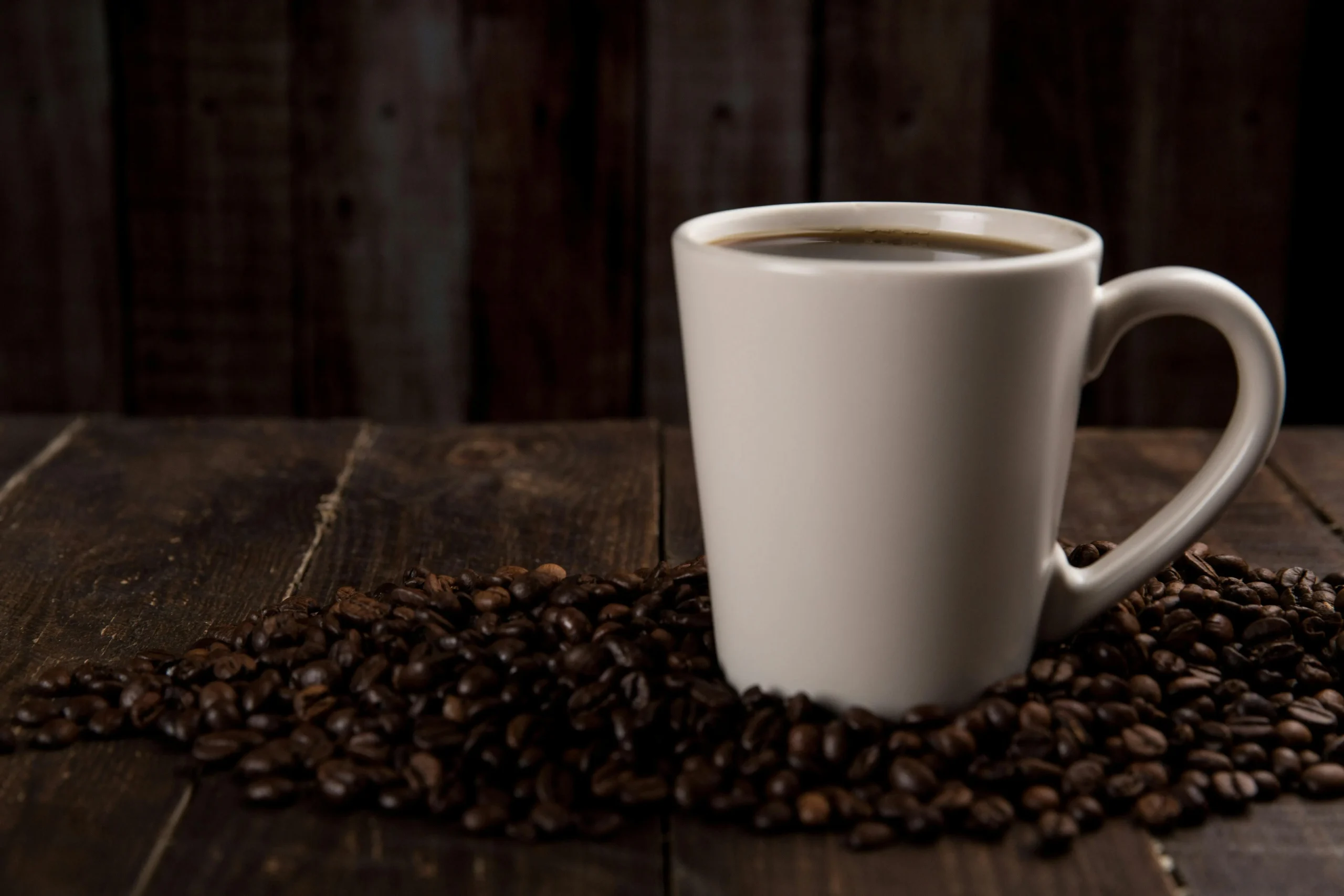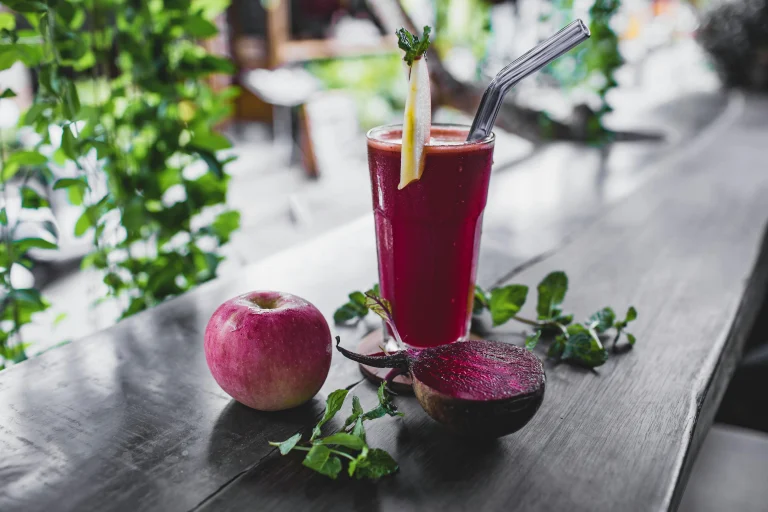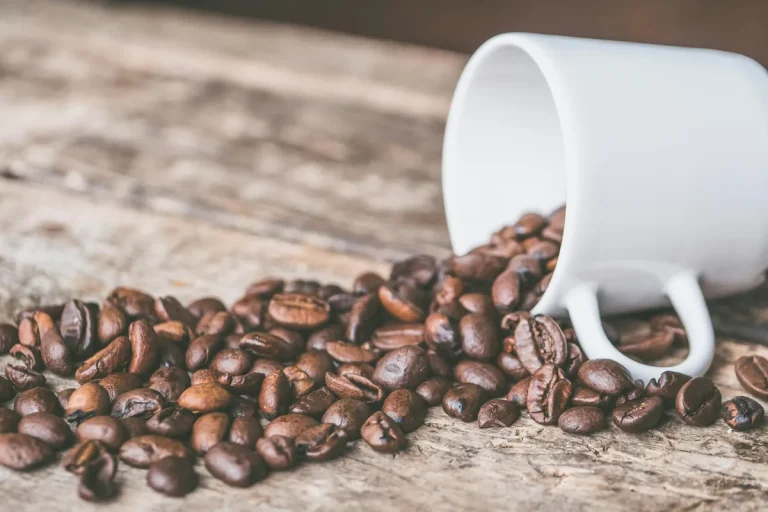Coffee takes a lot of heat for “drying you out.” It’s been labeled a diuretic for ages, and that reputation stuck. But does your morning brew really sabotage hydration—or is this one of those myths that won’t quit?
If you start your day with a cup (or three) and wonder what it’s doing to your fluid balance, here’s the bottom line.

The quick gist
For most people, moderate coffee adds to daily fluids rather than subtracts from them. Caffeine has a mild diuretic effect, but in routine amounts it doesn’t outweigh the water you’re drinking in the cup.
Claim: “Coffee dehydrates you.”
Reality: Mostly false. Coffee is mostly water, and in moderate amounts it contributes to hydration.
Why it matters: In research, folks drinking around 3–4 cups per day maintained similar hydration markers to water-only drinkers. If coffee truly dehydrated you, regular coffee drinkers would constantly feel parched—and that’s not what we see.
By signing up, you agree to receive emails from RealFit Wellness. You can unsubscribe anytime. See our Privacy Policy.
Your Weekly Wellness Boost
Takeaway: Enjoy your coffee; your body adapts, especially if you’re a consistent caffeine consumer.
Claim: “You need a glass of water for every cup of coffee.”
Reality: There’s no good evidence for a one-for-one “offset” rule.
What matters more:
- Total fluids across the whole day
- Activity level and sweat losses
- Environment (heat, humidity)
- Your personal sensitivity to caffeine
Takeaway: Hydration isn’t a strict equation. Check your thirst, energy, and urine color; adjust accordingly.
Claim: “Only water counts toward hydration.”
Reality: Most non-alcoholic drinks count—coffee, tea, milk, juice, herbal infusions—and even water-rich foods (fruit, yogurt, soups).
Takeaway: Your hydration plan can include beverages you actually enjoy. Coffee can be part of a healthy pattern, not the enemy of it.
Claim: “Caffeine always makes you lose fluids.”
Reality: Caffeine can nudge urine output a bit—mainly if you’re not used to it. Regular caffeine consumers develop tolerance, so the diuretic effect fades.
Takeaway: Consistency matters. Your body’s good at finding balance when your routine is steady.
Should you count coffee toward daily fluids?
Yes—usually. Count it when:
- You’re in the 1–4 cups/day range
- You’re not showing dehydration signs
- You’re also getting fluids from other drinks and water-rich foods
Be more intentional when:
- You’re over ~400 mg caffeine/day
- You’re training hard or sweating a lot
- You notice dry mouth, fatigue, headache, or dark urine
Final sip
Coffee is a ritual, a comfort, and for many, a focus booster. Drink it mindfully and it can absolutely fit into a smart hydration strategy. When someone says coffee is dehydrating, you can smile and sip—context and overall habits matter far more than a single cup.






